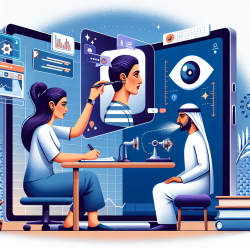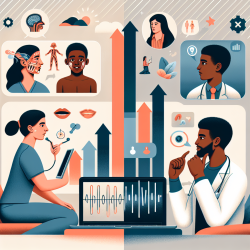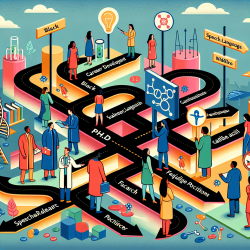Genetic counseling is a pivotal component of modern healthcare, particularly in the realm of cancer care. With the advent of new technologies capable of profiling genetic alterations, the role of genetic counselors has become increasingly significant. However, as highlighted in the research article "Genetic counselling legislation and practice in cancer in EU Member States," there is substantial variability in how genetic counseling is legislated and practiced across the European Union (EU). This blog aims to provide insights into these variations and offer guidance on how practitioners can improve their skills by implementing research findings or conducting further investigations.
The Landscape of Genetic Counseling Legislation
The study reveals that genetic counseling is included in national legislative documents of 22 out of 27 EU Member States. However, there is considerable variation in legal mechanisms and prescribed details regarding who can provide counseling, what must be discussed, and when it should be provided. This diversity presents both challenges and opportunities for genetic counselors aiming to enhance their practice.
Challenges Identified
- Workforce Capacity: A shortage of qualified personnel was reported in 25 out of 27 Member States. This shortage impacts the timely delivery of high-quality genetic services.
- Genetic Literacy: The study found that low genetic literacy among patients and non-geneticist physicians remains a barrier across all Member States.
- Insurance Reimbursement: Inadequate insurance coverage for genetic counseling services was identified as a barrier in more than half of the Member States.
Opportunities for Improvement
Despite these challenges, there are several avenues through which practitioners can improve their skills and contribute to bridging existing gaps:
- Enhancing Genetic Literacy: Practitioners can advocate for and participate in initiatives aimed at increasing genetic literacy among patients and healthcare professionals. This could involve developing educational materials or conducting workshops.
- Adopting Telemedicine: While telemedical genetic counseling is legally possible in most Member States, its adoption remains limited. Practitioners can explore telemedicine as a means to reach more patients efficiently.
- Integration of Genetic Counselors: The recognition and integration of genetic counselors within healthcare systems can address workforce capacity issues. Practitioners can advocate for formal recognition and integration at national levels.
The Role of Practitioners in Driving Change
Genetic counselors are uniquely positioned to drive change within their field. By staying informed about legislative developments and actively participating in policy discussions, they can influence future recommendations and actions. Networking with peers across different EU Member States can provide valuable insights into best practices and innovative solutions.
The study also highlights the importance of collaboration between genetic counselors and other healthcare professionals. By fostering interdisciplinary collaboration, practitioners can ensure that patients receive comprehensive care that addresses both medical and psychosocial needs.
Conclusion: A Call to Action
The variability in genetic counseling legislation and practice across EU Member States presents both challenges and opportunities for practitioners. By focusing on enhancing genetic literacy, adopting telemedicine, integrating genetic counselors into healthcare systems, and advocating for legislative changes, practitioners can play a crucial role in improving the quality and accessibility of genetic services.
To read the original research paper, please follow this link: Genetic counselling legislation and practice in cancer in EU Member States.










